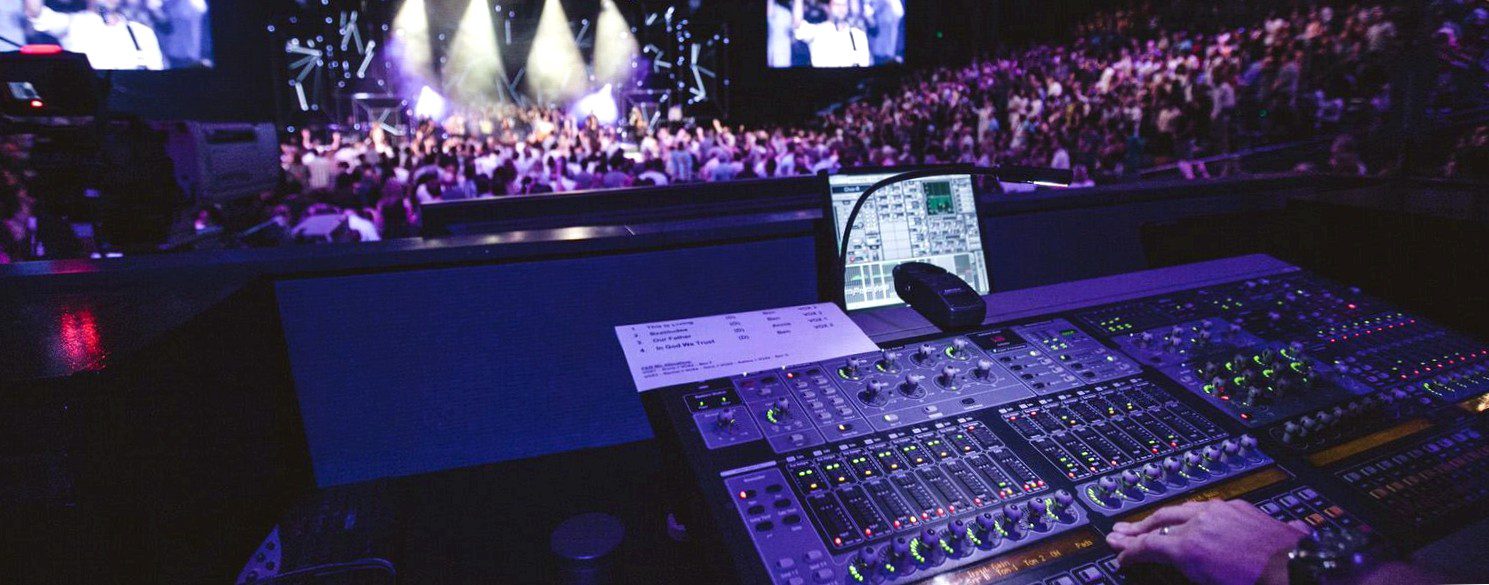Choosing the right training as a sound engineer
The world of music production and sound recording has seen a huge boom in recent years. Many young people have a keen interest in starting a career in this field. Once you have decided to train as a sound engineer, it is important to make the right choice.
There are a number of ways to train as a sound engineer. One option is a college education, which is usually very broad and offers a comprehensive look into the world of music production. Another option is to train at a private technical school that offers a more focused approach.
When choosing the right education, it is important to consider your goals and interests. For example, would you like to work in music production or rather in the field of film and television? Do you already have experience in this field or are you just getting started in the world of audio engineering?
Regardless of your decision, it’s important to choose a high-quality education that will give you all the skills and knowledge you need to succeed in this profession. A solid education is the key to a promising career as a sound engineer.
Making the right choice to train as a sound engineer
A sound engineer is a professional responsible for recording, editing, and reproducing music and speech in a variety of settings, including cinema, television, radio, and concerts. To become a successful sound engineer, you need a solid education. But what are the options?
The choice of education depends on several factors, such as personal preference, available budget, and access opportunities. One of the most common options is to train at a school that specializes in music or sound technology. Here, students learn the technical know-how needed to start a career as a sound engineer.
Alternatively, there are also a variety of online courses and self-study options aimed at aspiring audio engineers. These options often offer more flexibility and can be more cost-effective. However, it is important to ensure that such courses are taught by experienced and qualified professionals.
Ultimately, the choice of training as a sound engineer depends on individual factors. It is important to do enough research and evaluate different options to make the best decision for the career.
How to find the right training as a sound engineer?
As an aspiring audio engineer, there are several educational paths you can take. The most well-known training option is dual training, where you alternate between learning in a company and in vocational school. Another option would be to pursue a degree in sound or media engineering. Here, you can choose between a bachelor’s or master’s degree, depending on your focus.
Both educational options have advantages and disadvantages that you should weigh carefully. A major advantage of dual training is the practical experience you gain while still in school. On the other hand, a degree offers extensive theoretical training as well as opportunities for specialization.

Regardless of your choice, there are some factors you should consider when making your decision. This includes, for example, the curriculum of the training, the duration of the training, as well as the costs and financial support options available. You should also check what career opportunities the different training programs offer and what requirements need to be met to enter the job market.
- Educate yourself about different educational opportunities
- Weigh the pros and cons
- Consider important factors when making your decision
Ultimately, choosing the right audio engineer training is an important decision that you should make carefully. Take advantage of all available resources to get information and advice about your options.
Important factors to consider when choosing a sound engineering education
A career in audio engineering requires training to learn necessary skills and gain valuable practical experience. When choosing an education, however, there are some important factors to consider to ensure that you get the best education possible.
First, check to see if the training covers a wide range of skills needed to be a sound engineer. A comprehensive education provides a solid foundation in music and audio engineering, including recording and mixing techniques, live sound engineering, and music production.
- A broad knowledge base allows one to work in different areas of sound engineering and increases employability.
- In addition to theoretical knowledge, successful audio engineering training requires practical experience. Being able to work on modern equipment and in real-time environments can make all the difference when looking for employment later on.
Another important factor in choosing a sound engineering education is whether the institution has industry contacts. Contacts in the music and sound engineering industry can help one gain a foothold, find internships or employment, and make contacts. A strong network can also be invaluable later in your professional life.
As an aspiring audio engineer, it’s also worth looking into whether the training offers certifications or academic degrees. A formal diploma or certification can play an important role in building a career as a sound engineer and help one stand out from other applicants.
Making the right choice to train as an audio engineer
A sound engineer works in the music and entertainment industry and is responsible for optimizing the sound at concerts, recordings and other events. The profession requires technical understanding and experience working with various audio equipment and applications.
To become a successful sound engineer, training in the field is essential. There are several ways to pursue such training, such as a technical school, college, or private audio engineering school. It is important to choose the appropriate educational institution that best suits your interests and career goals.
A sound engineer’s day-to-day job may involve a variety of tasks, such as setting up and commissioning sound systems, mixing music and sound effects, performing sound checks and maintaining audio equipment. Sound engineers often work as part of a team with musicians, actors or event organizers, so they must also have good communication skills and be able to work as part of a team.
The demand for sound engineers has been steadily increasing in the music industry. Therefore, this profession offers good job and career opportunities for graduates of a sound engineering training program. Although the job can be stressful and challenging, it also offers a high level of creativity and the opportunity to work on a variety of projects and events.
